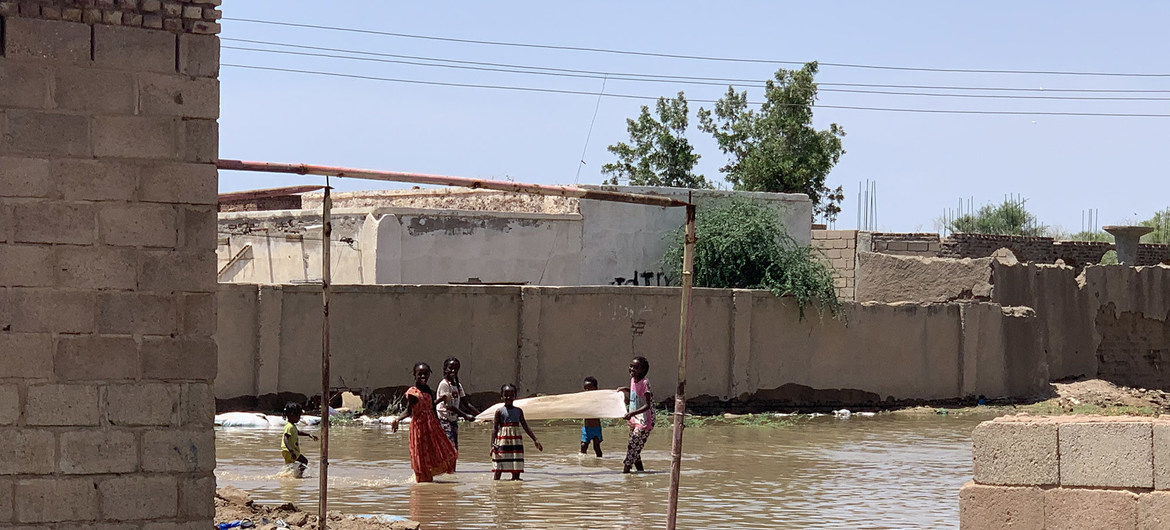
Secondary health emergency looming in Sudan after flooding: UN

A secondary health emergency is looming in Sudan, with more than 4.5 million people at risk of vector-borne diseases following unprecedented rains and floods, said the UN Office for the Coordination of Humanitarian Affairs (OCHA) on Friday.
Flooding across the country this summer affected 875,000 people and killed about 150 people, it said.
“Stagnant water pools are providing more breeding sites for mosquitoes that are vectors for viral hemorrhagic fever, chikungunya and malaria, where infections are increasing,” said OCHA.
Malaria reached epidemic levels in 15 out of 18 states by the end of September, with more than 1.1 million cases reported. In 2018, malaria accounted for about 9 percent of deaths in hospitals across Sudan, it said.
The United Nations and humanitarian partners have distributed 266 emergency health kits to support malaria treatment and other health needs, serving up to 2.7 million people for three months. However, there are significant shortages in malaria supplies to address the current infection levels, with difficulties in distributing medical supplies to some inaccessible areas due to flooding, said OCHA.
Before the COVID-19 pandemic, the Sudanese health system had already been weakened by years of low funding, lack of personnel and essential medicines, it said.
The health sector component of the 2020 humanitarian response plan for Sudan has received only 19 percent of its funding requirements so far, and there is an urgent need to raise an estimated 25 million U.S. dollars for essential medicines and supplies.






